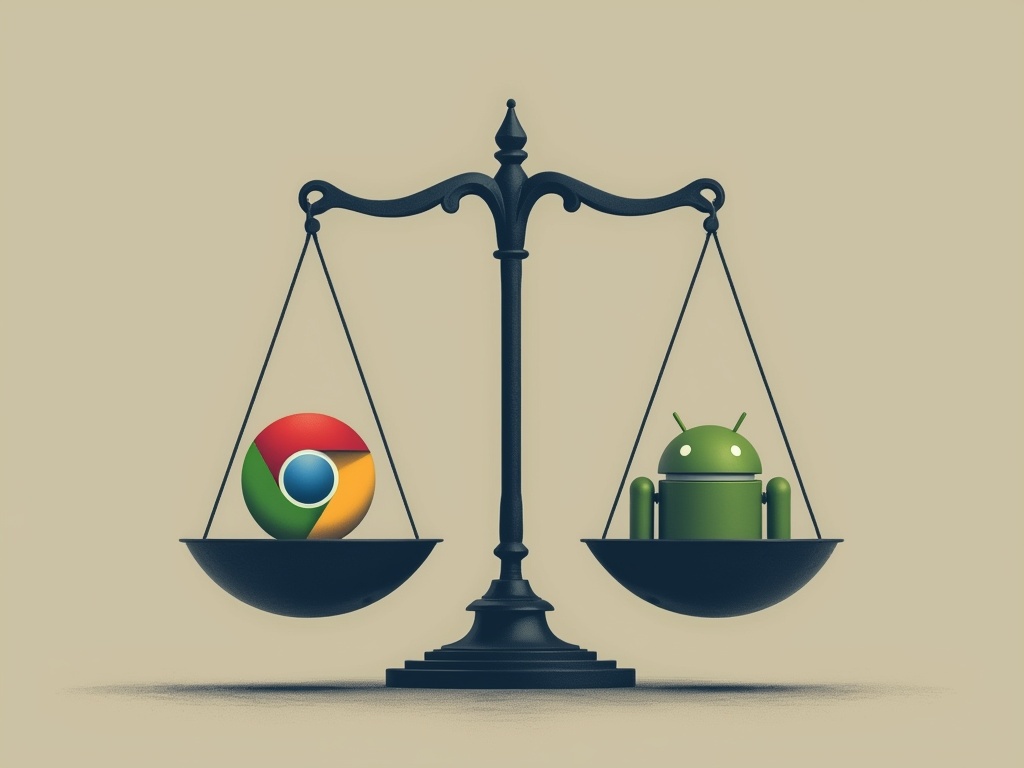
Google Retains Chrome and Android Following Antitrust Ruling
Google will maintain ownership of its Chrome browser and Android operating system, despite being labeled a monopolist by U.S. Judge Amit P. Mehta in a landmark antitrust ruling announced Tuesday. The decision marks a significant victory for the tech giant, which faced potential forced breakup of its core businesses.
While Judge Mehta reaffirmed his earlier position that Google has illegally maintained a monopoly, the ruling stops short of requiring the company to divest its major assets, particularly in light of the evolving AI-driven search landscape. Companies looking to strengthen their online presence can still leverage Google's extensive suite of business growth tools despite the ruling.
Impact on Competition and AI Development
The court's decision specifically addresses concerns about competition in both traditional search and emerging AI technologies. Judge Mehta emphasized that the ruling aims to prevent Google's search dominance from extending into the generative AI space, blocking potential acquisitions of Chrome by companies like OpenAI and Perplexity.
"These remedy proceedings were as much about promoting competition among general search engines as they were about ensuring that Google's dominance in search does not spill over into the GenAI space," stated Judge Mehta in his ruling.
Ongoing Regulatory Challenges
Despite avoiding a breakup, Google still faces significant regulatory scrutiny. The Department of Justice and 38 states originally brought the antitrust case, focusing on Google's dominant position in the search engine market and its competitive practices.
A separate trial regarding Google's online advertising monopoly is scheduled for later this year, which could still result in substantial consequences for the company's business model.
Market Implications
The ruling acknowledges the rapidly changing technology landscape, particularly noting the emergence of AI-powered search alternatives like ChatGPT and Perplexity. These developments appear to have influenced the court's decision against breaking up the company's core services.
For technology professionals and business leaders, this ruling maintains stability in:
- Chrome-based enterprise solutions development
- Android platform ecosystem continuity
- Long-term technology investment planning
The ruling represents a delicate balance between maintaining market competition and acknowledging the practical challenges of breaking up integrated technology systems in an AI-driven future.
